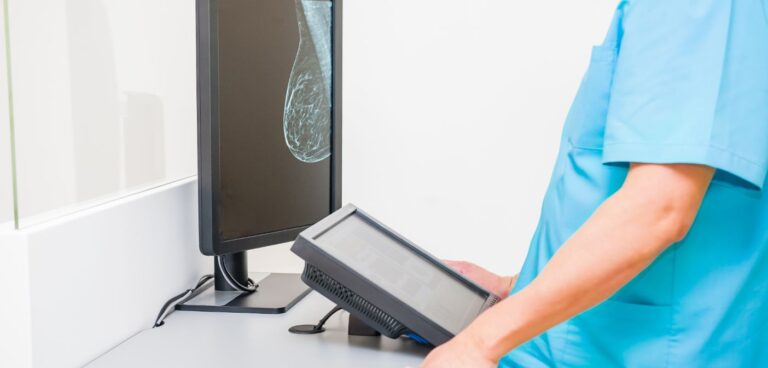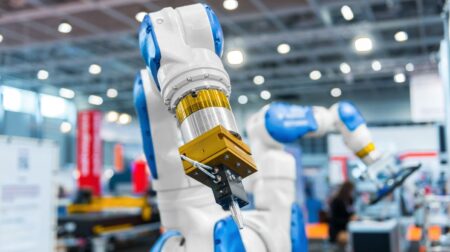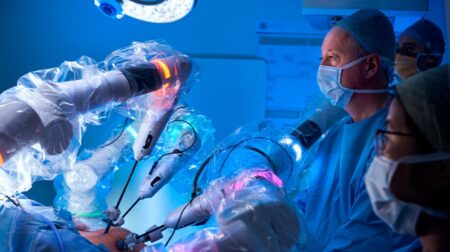An AI-powered programme aims to improve the accuracy of breast cancer screening by identifying patterns among thousands of ultrasound images.
The study, led by New York University (NYU) Langone Health and its cancer centre, is believed to be the largest of its kind, involving 288,767 separate ultrasound exams taken from 143,203 women treated at NYU Langone hospitals in New York City between 2012 and 2018.
When tested separately on 44,755 already completed ultrasound exams, the AI tool improved radiologists’ ability to correctly identify the disease by 37% and reduced the number of tissue samples, or biopsies, needed to confirm suspect tumours by 27%.
“Our study demonstrates how artificial intelligence can help radiologists reading breast ultrasound exams to reveal only those that show real signs of breast cancer and to avoid verification by biopsy in cases that turn out to be benign,” said study senior investigator Krzysztof Geras, PhD.
Ultrasound exams use high-frequency sound waves passing through tissue to construct real-time images of breast or other tissues. Although not generally used as a breast cancer screening tool, it has served as an alternative to mammography or follow-up diagnostic test for many women.
Geras explained that ultrasound is cheaper, more widely available in community clinics, and does not involve exposure to radiation. Additionally, ultrasound is better than mammography for penetrating dense breast tissue and distinguishing packed but healthy cells from compact tumours.
The technology has however been found to result in too many false diagnoses of breast cancer, producing unnecessary procedures for women. Some studies have shown that a majority of breast ultrasound exams indicating signs of cancer turn out to be noncancerous after biopsy.
“If our efforts to use machine learning as a triaging tool for ultrasound studies prove successful, ultrasound could become a more effective tool in breast cancer screening, especially as an alternative to mammography, and for those with dense breast tissue,” added study co-investigator and radiologist Linda Moy, MD.
“Its future impact on improving women’s breast health could be profound.”
Clinical trials of the tool in current patients and real-world conditions are now needed before it can be routinely deployed. The team also plans to refine the AI software to include additional patient information, such as a woman’s added risk from having a family history or genetic mutation tied to breast cancer, which was not included in this latest analysis.
Read more: AI technology harnessed in Ireland’s breast cancer screening








